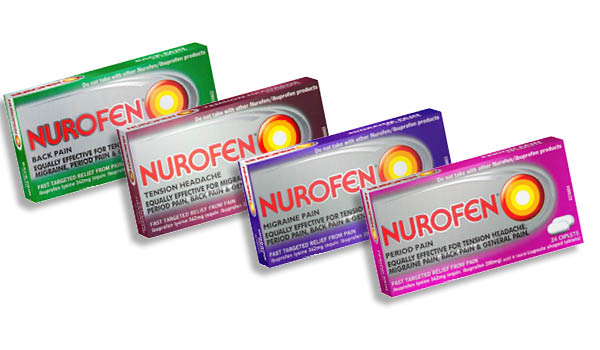 A class action has been launched against the maker of Nurofen over its pain specific products, such as back pain and migraine pain, which were found to be misleading by the Federal Court last year.
A class action has been launched against the maker of Nurofen over its pain specific products, such as back pain and migraine pain, which were found to be misleading by the Federal Court last year.
The Federal Court ruled in December 2015 that Reckitt Benckiser had engaged in misleading conduct by representing that its Nurofen Specific Pain products were each formulated to treat a specific type of pain, however, each product contained the same active ingredient, ibuprofen lysine 342mg.
A class action has now been lodged by Bannister Law, which is seeking compensation and damages for consumers who purchased a Nurofen Specific Pain product for a particular pain between January 1, 2011 and December, 31 2015.
In a statement issued to C&I Week*, Nurofen said it is aware some consumers are seeking compensation, via a class action, however, was not in a position to comment on the current proceedings as it is before the courts.
The Australian Competition and Consumer Commission (ACCC) launched court proceedings against Reckitt Benckiser and its range of Nurofen Specific Pain products, including Nurofen Back Pain, Nurofen Period Pain, Nurofen Migraine Pain and Nurofen Tension Headache, in early 2015 over its advertising.
The current Nurofen Specific Pain packaging is in the process of being replaced with interim packaging agreed with the ACCC, which more clearly discloses to consumers the products are equally effective for other forms of pain.
Following court proceedings, Nurofen was also ordered to publish website and newspaper corrective notices and implement a consumer protection compliance programme.
The Nurofen Specific Pain range consists of Nurofen Back Pain, Nurofen Period Pain, Nurofen Migraine Pain, and Nurofen Tension Headache.
“Nurofen is committed to the quality use of medicines and promoting and protecting the health of Australians. As part of this commitment and responsibility, Nurofen works closely with all regulatory bodies to ensure high standards and to offer consumers with clear pain relief options for their pain type,” the company said.
*Source: C&I Week, Intermedia



